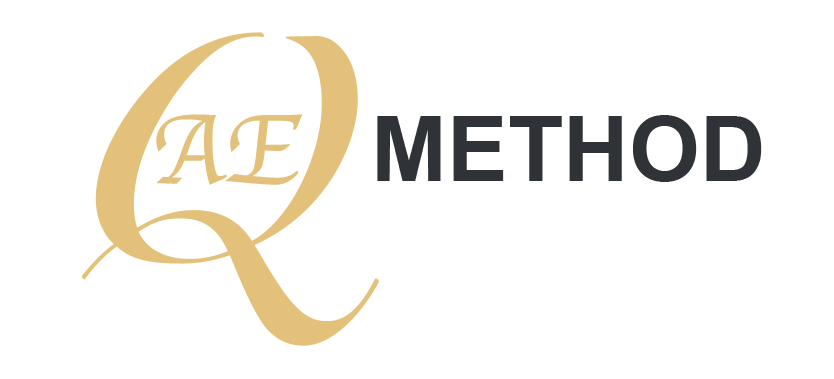Eustress is a term for positive stress that doesn’t harm a person but instead encourages them and makes them stronger. You can compare it to inflammation – without a certain level of inflammation, the body cannot function because the appropriate amount is the one that encourages the immune system to fight, grow and improve. The same goes for stress, or more accurately, eustress, which encourages us to progress, learn and improve. Eustress is usually caused by doing a job you love and enjoy, and you do it out of desire, not out of necessity for the money. In general, eustress is present when we have sufficiently mastered what we are doing and have enough interest, time, and life energy for this action, which effectively and appropriately affects what we want or need.
The term distress marks the other, more familiar form of stress which harms the spirit and body, for example, a fast rhythm of life, being overworked, annoying coworkers, an illness in the family, etc. The body first reacts aggressively to distress; adrenaline production increases a person’s wish to improve their odds of survival in the face of a great challenge. He looks tough on the outside due to the adrenaline rush; however, his energy has begun draining like a battery. The person appears restless and hyperactive, sleeps little and poorly, wakes up, can’t focus on work obligations, and can’t control his thoughts. If this stage continues for too long, it can completely deplete the body of energy, and then the doctor diagnoses chronic fatigue, burnout, nervous breakdown, depression, panic attack, anxiety, etc. In relation to the environment, where we are ineffective in our actions for any reason, we feel imbalance and pressure as distress because we cannot regulate what disturbs, hinders, threatens, or limits us. Thus, we become powerless, causing our autonomic nervous system, glands, and hormones not to function properly. Distress has the most negative effect on adrenaline and cortisol. At the same time, a long-lasting state of distress leads to chronic activation of the sympathetic mode of the autonomic nervous system and all the negative consequences that arise from it.
Chronic conditions are always the result of distress because it doesn’t allow an exchange between the principle of reality and the principle of enjoyment, which guarantees a well and efficiently done job. Eustress enables this exchange, encouraging the correct use of both modes in the autonomic nervous system and lowering or eliminating the probability of the freeze response.
In the AEQ approach, whose goal is to reduce or alleviate chronic conditions, it is necessary to enable the client to perceive better, name the type of stress, and encourage behavior that satisfies desires and needs with eustress while inhibiting behavior that tries to satisfy these needs with distress.
Aleš Ernst, author of the AEQ method and AEQ breathing






